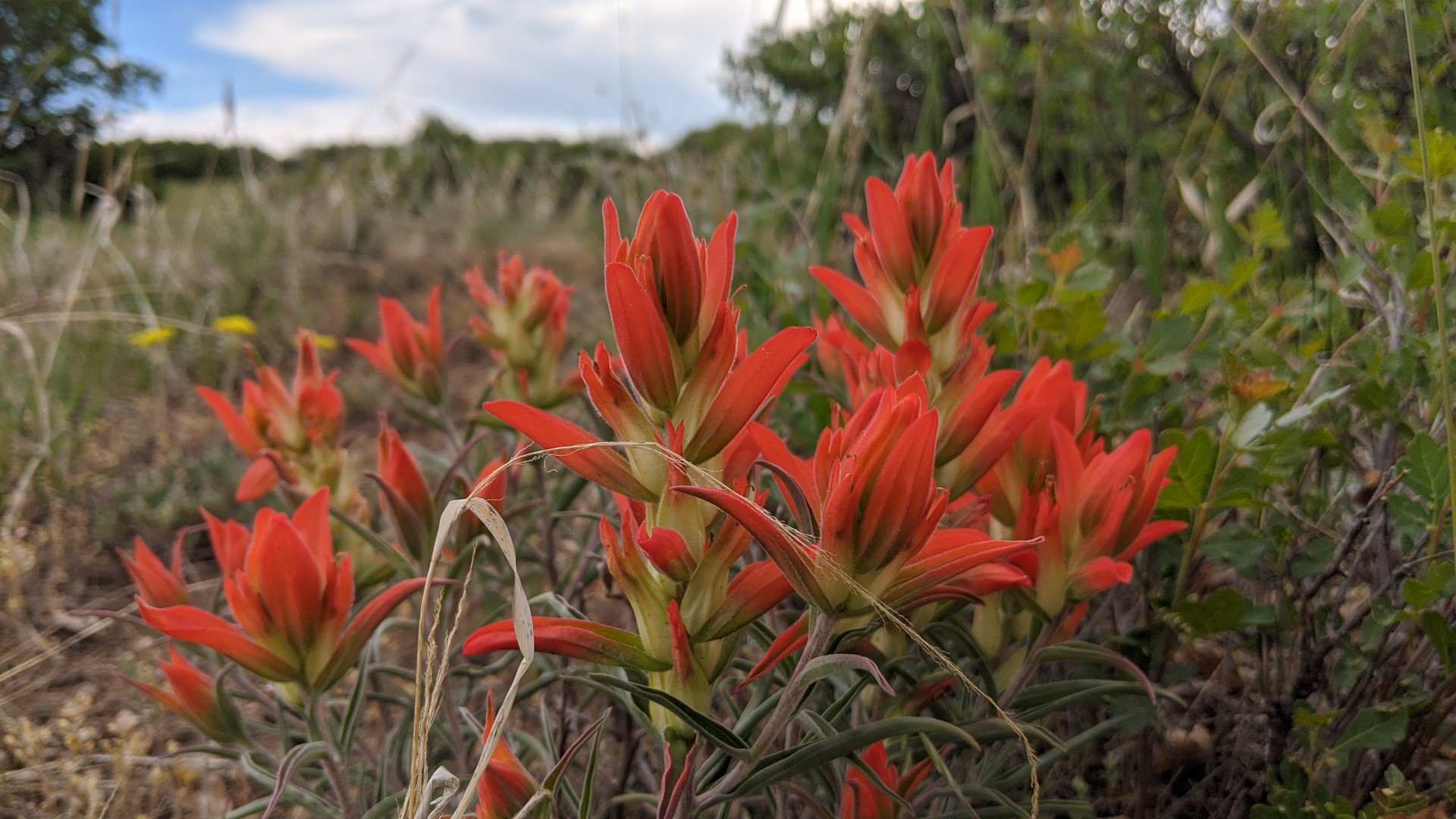I watched 25 CPG startups present at the Pitch Slam event put on by Naturally Boulder, a networking group for the organic/natural/sustainable segment. Pitch Slam – what a great name – started at 2:30 and ended at 5:00, followed by the dinner event that included pitches by the finalists and selection of the winner. Overall, the event was exceptionally well done and I thoroughly enjoyed it.
This article summarizes the Pitch Slam presentations, including my score on the presentation, the business idea presented, the judges score and additional notes and learnings. I have not included names of companies, just their product concept. I wrote down my scores before the judges to see how I stack up against these alleged experts. I love attending events like this to hear other companies, not just to hear ideas, but to learn what others are doing and how they are doing it.
My Top Four Picks
It was supposed to be three, but the judges chose four, so I chose four. They are as follows:
1. Breast-pad that masks leaking. This is a fantastic concept that was my number one pick. And, the judges thought so to, because it was the grand prize winner. The founder is a mother who saw a clear need from her own experience and came up with a product that solves the problem. Because it uses sustainable materials in its production, the company has added marketing fodder to exploit in its messaging. The company has demonstrated excellent growth thus far and has a catchy name that drives attention. The target market is moms, one of my favorite markets to sell products because there is high word of mouth factor. The company had grown from 0 to over 160 retail locations worldwide in less than a year.
2. Organic remedies for first aid market/scar healer. The founders first product is a wound healing ointment that promotes healing and
reduces scaring, which they thought up after trying to find a product like this for their own use. They are attacking this segment with organic products, not synthetic, to help people heal from wounds. Their market can include not just health care facilities, but also the direct consumer through retail outlets. They are currently testing the product and results look as promising as hoped.
3. Organic seasonings and rubs. The founder did his research in the seasonings market by noticing that this category was rather archaic in its product offerings and had not yet been influenced by the natural/organic sustainable movement that has (and is) transforming other categories. He identified a need for organic and is filling that need with what appears to be innovative products. I also liked that the founder had previously owned CPG company, which I think he said he sold, so there is management experience.
4. Organic humus. The founder saw an opportunity based on his experience working in grocery and getting to know the category. He has come up with a product that is differentiated primarily based on organic ingredients, but also flavors. He has strong sales results thus far to demonstrate success.
There is a common thread among all four: they saw a need based on direct experience and qualified that need by studying the category. The first company, the breast-pad maker, however, is solving the need with a product that addresses serious pain (embarrassment and clothes that get soaked through) among breastfeeding women who may experience this issue, and, whose competition includes pretty dismal choices for alleviating this problem. All other companies have substitute products that, while maybe not as good, are sufficient to solve the problem, hence the pain is not as great to cause the customer to buy.
The judges top four included #1 and #4 of my list, plus a granola product, which did not make my top seven and #5 from my list below.
My Next Top Three Choices
My next top three picks I liked a lot. Here’s why:
5. Naturally-died clothing. The next wave in organic/sustainable might be clothing (and should be) and this company is riding this trend. The founder knows the products and has sources in India to make hand-made products. He has shown good early distribution that proves the concept and his model builds in providing more sustainable wages for labor.
6. Pollen/Chia Seeds/Quinoa-based sports energy food. This concept is near and dear to my heart, since I use to suck down energy foods like crazy back in my endurance event-competing days. This company has strong repeat sales and word-of-mouth marketing results in its retail locations and through the sports events market. It is differentiated in form (it is round balls) versus all other sport foods, whose forms are bars, gooes and drinks and have been that way for a long time. Its ingredients are also new and differentiated. Loyalty can be high in this category, so customer acquisition cost is lower.
7. Quinoa-based veggy burgers. There is good retail distribution thus far with a great tasting product that has generous margins.. In the food biz, when you have a great tasting product and great margins, you want to look closely at being in that business. They seem to me to be a solid performer that will throw off cash.
Few Comments
- I was surprised to hear almost no presenters talk about the online sales channel. All focused on brick and mortar retail distribution as their barometer of success.
- On the whole, the presentations were mediocre-to-terrible, with just a few star performers. This greatly surprised me. When you pitch for money from investors, you have to be on your game and have a rock solid presentation. Is this not widely known? Maybe it’s not, but it has sure been drilled into me from my past experience raising money. I would have liked to see better presentations.





